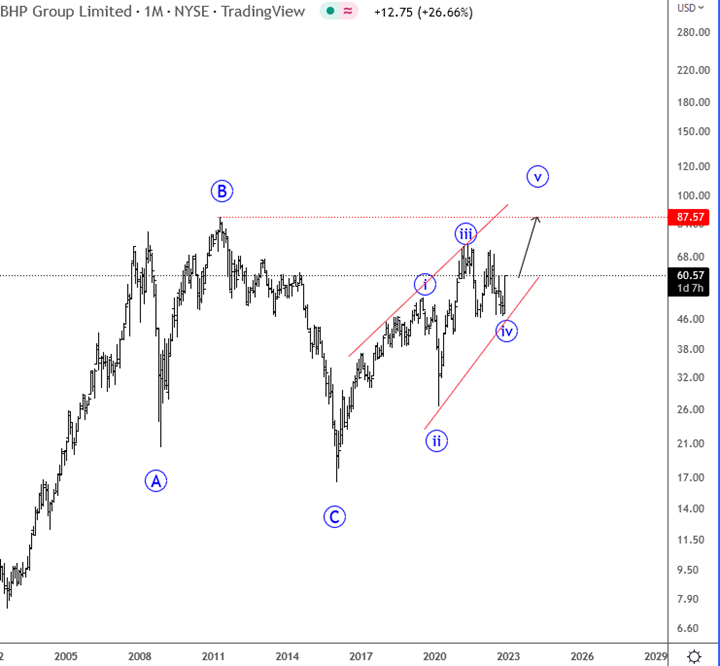Copper is ubiquitous in the modern world, being used in everything from telephones and computers to water pipes and cables. The warnings are getting louder: the world is headed for a desperate copper shortage.
Humans are more dependent than ever on a metal we've used for 10,000 years—new deposits are drying up, and breakthrough technologies that transformed other commodities haven't materialized for copper so far.
In what could prove to be a game-changer for global supply, a US start-up called Jetti says that it has solved a puzzle that has frustrated the mining world for decades. If will be successful, Jetti Resources’ discovery could unlock millions of tonnes of new copper to power grids, construction sites, and car fleets worldwide, reducing and potentially even closing the deficit.
The reason is a principle as old as mining itself: the ore is pulled from the earth, the easiest metal is extracted, and whatever is too difficult or expensive to process is tossed aside as waste. Huge amounts of metal have remained over the decades in piles of mine waste on the surface and in unexploited deposits.
Jetti developed a specialized catalyst to crack the code that breaks down the layer, allowing petrophilic microbes to get to work, releasing the trapped copper using leaching without the need for high temperatures. Jetti worked with the University of British Columbia to develop this chemical catalyst.
But the riches at stake are attracting some of the industry's most powerful players. BHP Group (NYSE:BHP), the biggest mining company, is already an investor and has spent months negotiating a test unit at its "jewel" copper mine, Escondida, in Chile.
In the past decade alone, an estimated 43 million tons of copper have been mined but never processed, worth over $2 trillion at current prices, creating huge opportunities for anyone who can successfully recover this wealth.
But if the technology is fully adopted by the industry, the company estimates that up to 8 million tonnes of additional copper could be produced each year by the 2040s - more than a third of last year's total global mine output.
The results are so promising that three of the world's biggest copper miners - including BHP Group - have bought stakes in the company. The most recent fundraising was at a valuation of $2.5 billion.
From the Elliot Wave perspective, the BHP Group hasn’t followed the other US major indices (on peaks and troughs), so its chart is fascinating concerning the investment in Jetti.
Looking at the monthly chart, the price has been in a recovery mode since 2016, when the market completed a corrective price action. If that’s the case, then the whole retracement should be reversed by a current recovery which can even be an ending diagonal with sub-wave five yet to come towards the 90-100 target.

